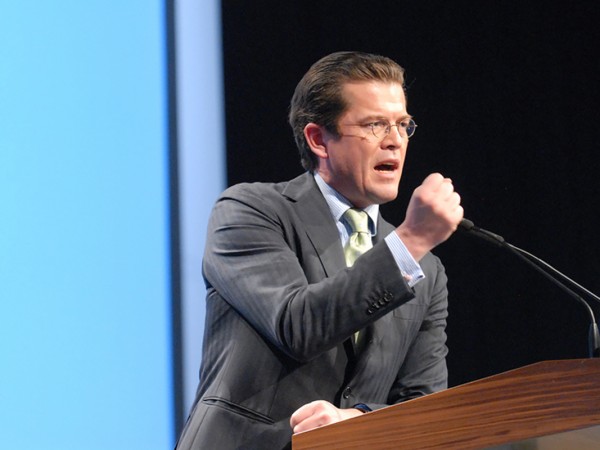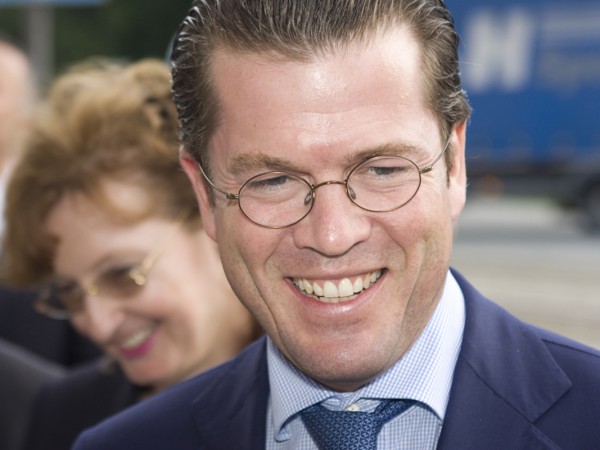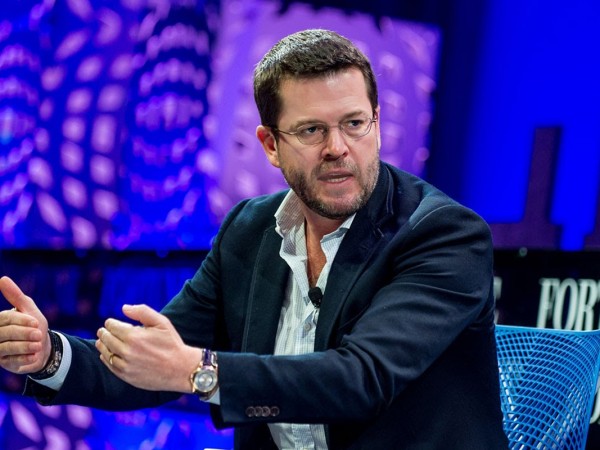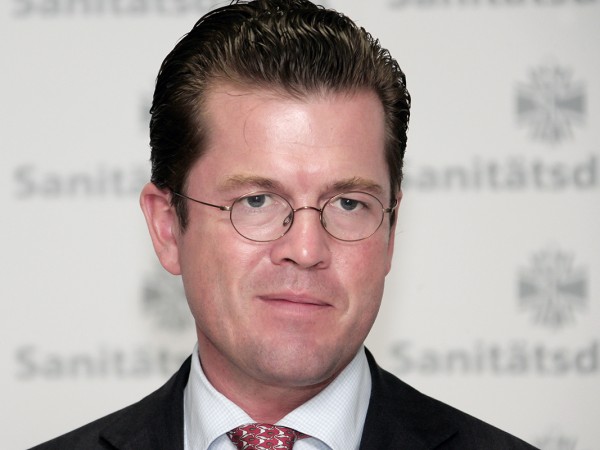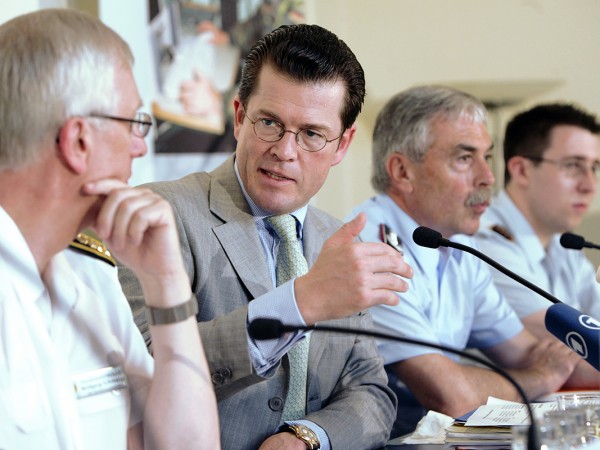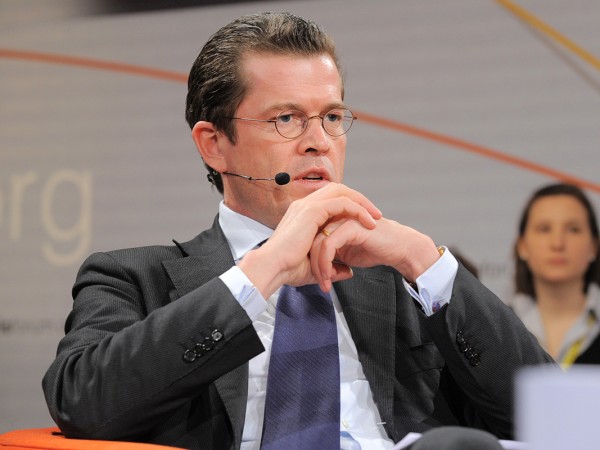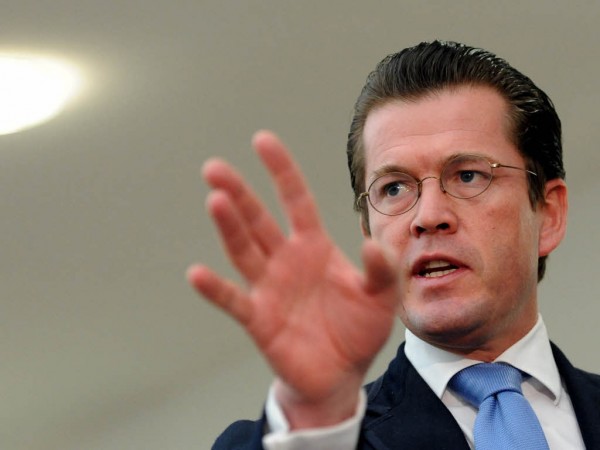About Karl-Theodor zu Guttenberg
Karl-Theodor zu Guttenberg is the Chairman and a Founder of Spitzberg Partners LLC, an advisory and investment firm based in New York. Mr. zu Guttenberg served as Minister of Economics and Technology and then as Minister of Defence in the cabinet of German Chancellor Angela Merkel. As the youngest Defence Minister in German history, he led the most significant structural reform of the German armed forces since the Bundeswehr’s founding. During his time in office he was Germany’s most popular politician.
Baron zu Guttenberg was a Member of the German Parliament (Bundestag) during 2002-2011 and served as spokesman on the Foreign Affairs Committee. Mr. zu Guttenberg was also a Member of the Parliamentary Assembly of the Council of Europe and Secretary General of Germany’s co-governing CSU party. He is a Distinguished Statesman at the Center for Strategic and International Studies (CSIS) in Washington, DC and served as Senior Advisor to the European Commission leadership on global Internet freedom. He sits on a variety of international corporate and not-for-profit boards. Mr. zu Guttenberg has published numerous articles and is regularly interviewed across World Media.

